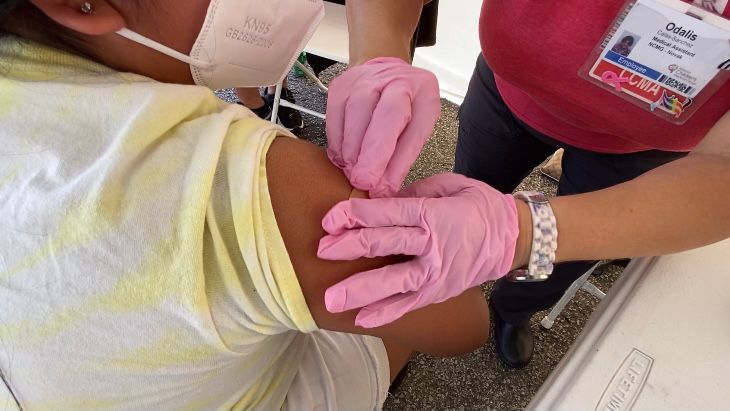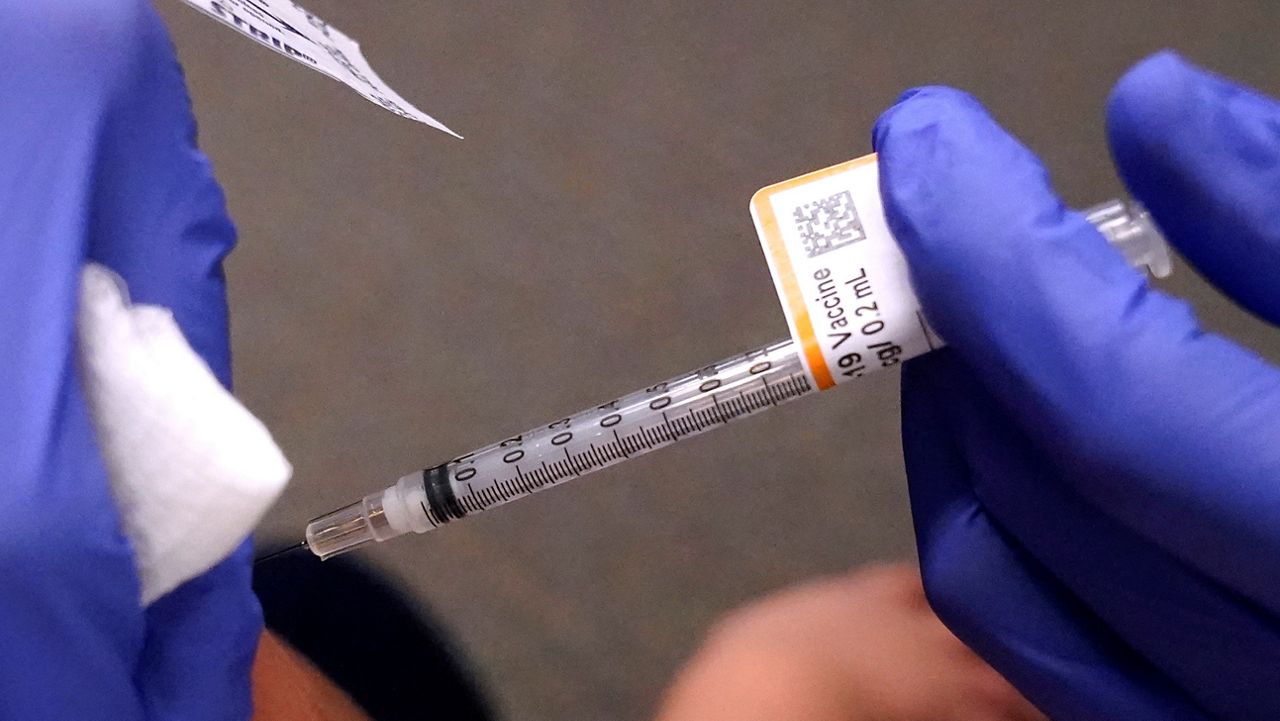The first flu-related deaths of the 2023-24 season have been reported. The N.C. Department of Health and Human Services announced Wednesday two people from the western part of the state have died from complications of the flu and COVID-19.
Positive cases of the flu, COVID-19 and respiratory syncytial virus (RSV) are already circulating, with numbers expected to rise in the coming months. State officials are urging people to stay up to date on their vaccinations to prevent serious complications or death.
“As flu season ramps up and COVID-19 is still circulating, it is very important for people to get their annual vaccines, practice good hand hygiene and stay home when sick,” said State Epidemiologist Zack Moore.
The Centers for Disease Control and Prevention recommends all people 6 months and older get a fall vaccine against COVID-19 and a seasonal flu vaccine to best protect themselves against the viruses, especially those falling into high risk categories, such as people 65 and older, children younger than 5, pregnant women, people with weakened immune systems, and those with medical conditions such as asthma, diabetes, heart disease and obesity.
In a post on X, formerly known as Twitter, the CDC said approximately 137 million doses of the flu vaccine have been distributed in the U.S.
According to the CDC, an estimated 5,000 people died from the flu in the U.S. during the 2021-22 season. Since the rise of the COVID-19 pandemic, the start of flu season has been less predictable.
Flu season typically varies, but tends to increase in October and usually peaks between December and February.
Vaccines for the flu and COVID-19 are available at pharmacies, private medical offices, some federally qualified health care centers and local health departments. Go online to find a location near you.
It is also recommended that older adults and pregnant women receive the RSV vaccine. Parents of infants can reach out to their health care provider to protect their children from severe RSV.
Other precautions against respiratory viruses you can take are avoiding touching your eyes, mouth and nose, disinfecting objects and surfaces often, covering your mouth when you cough and sneeze, and staying home when you are sick.
It is best to test early when not feeling well. Early testing and treatment can keep infections from becoming more serious. The N.C. DHHS website has detailed information about COVID-19 testing and treatment.









